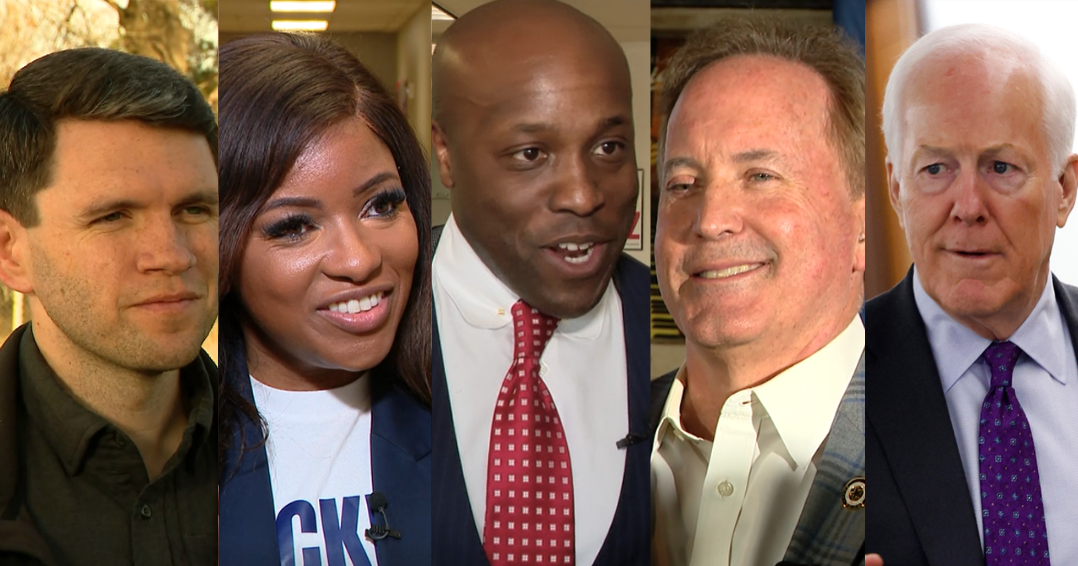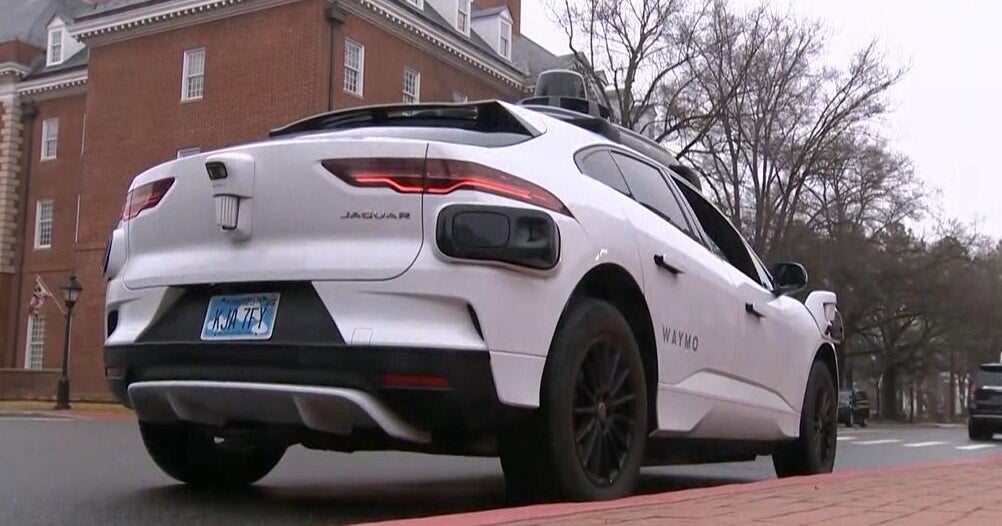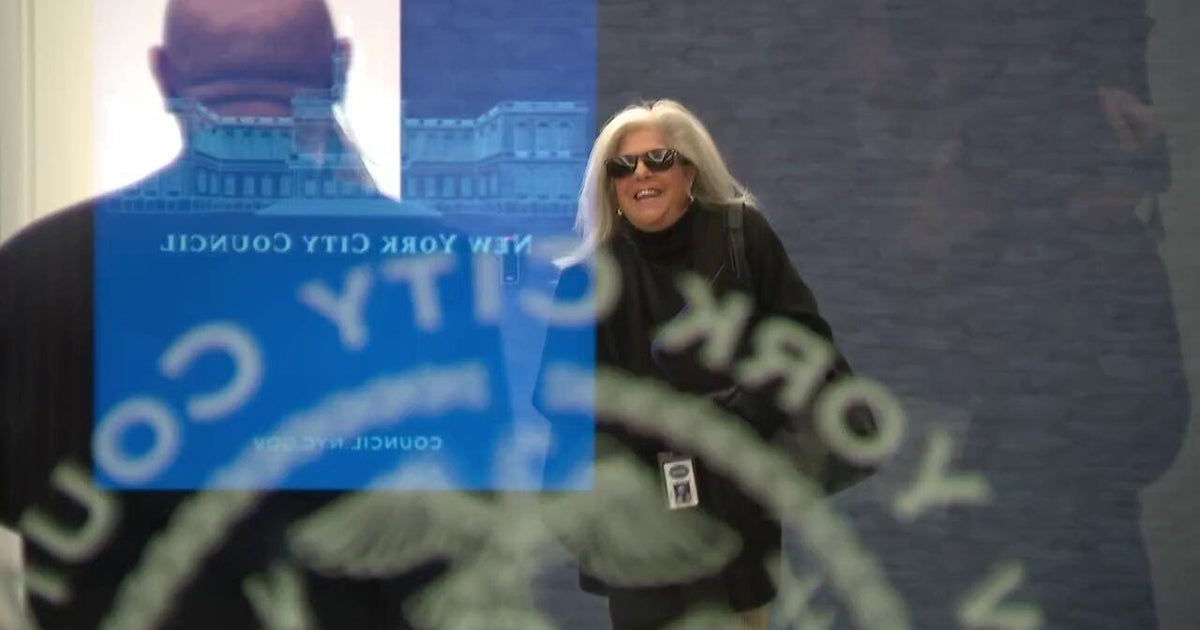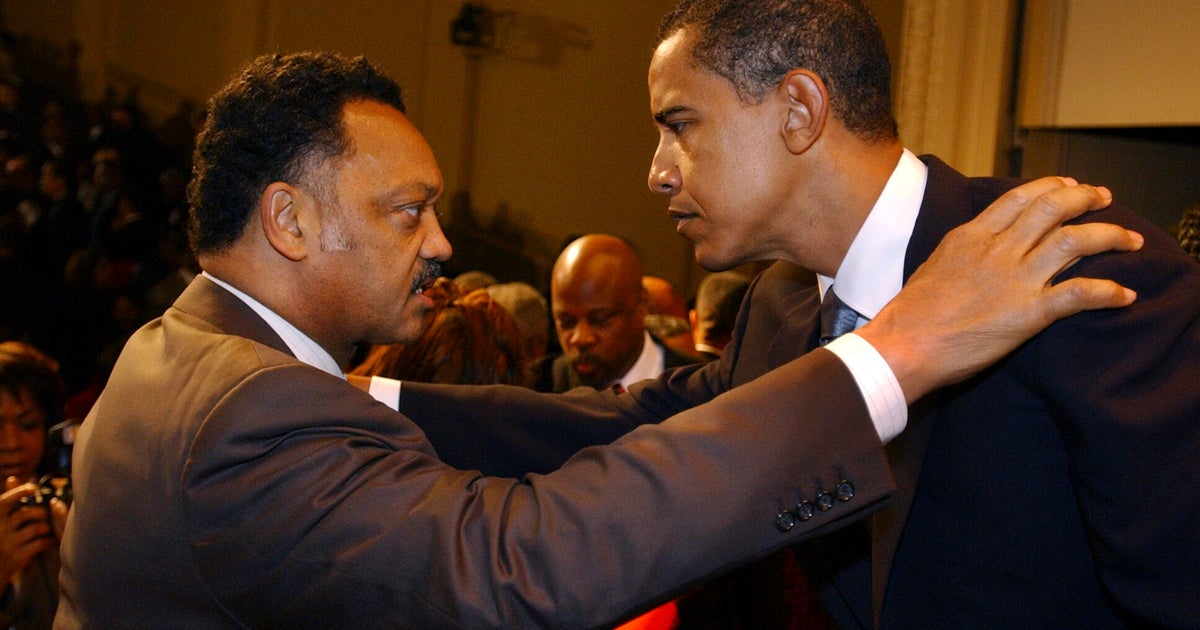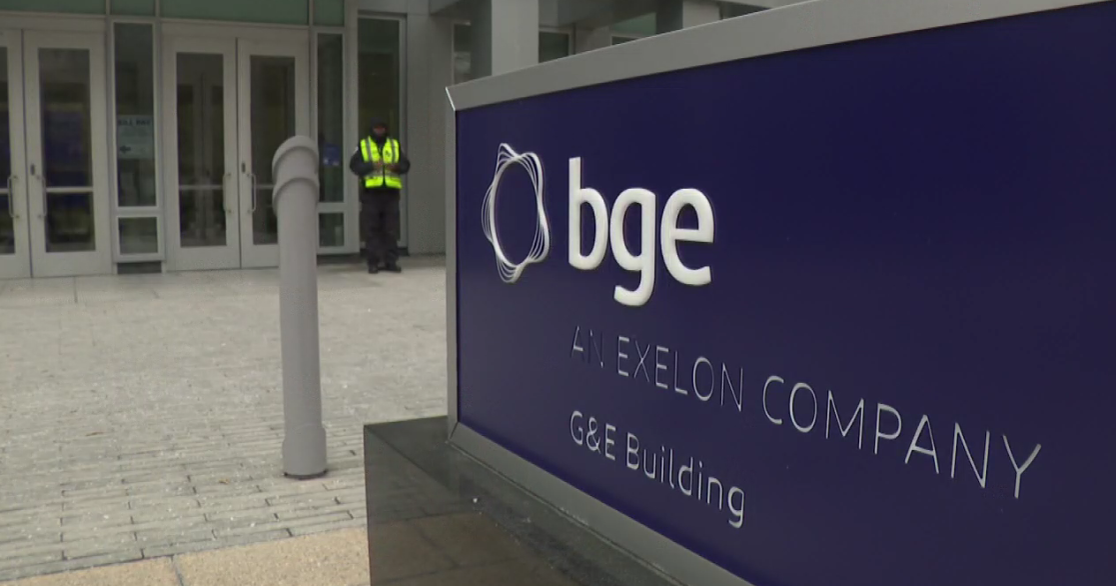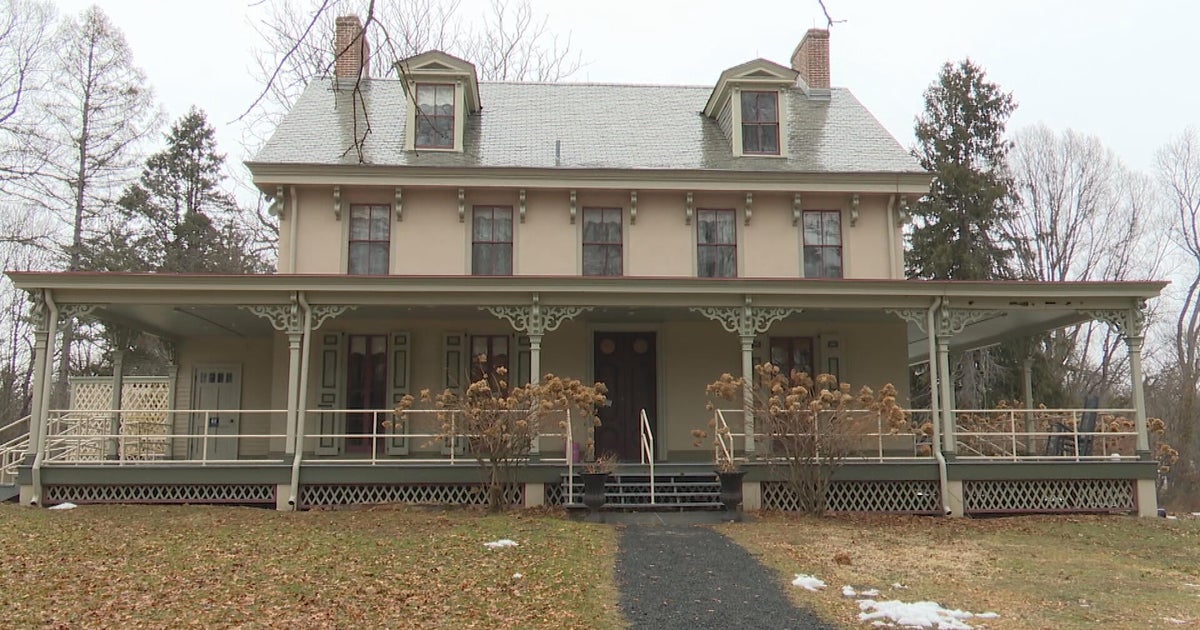Bill That Would Raise New Jersey's Minimum Wage To $15 An Hour Advances
TRENTON, N.J. (AP) — The Democratic-led Legislature took the first step Monday toward hiking New Jersey's minimum wage to $15 an hour, advancing legislation cheered by labor and anti-poverty groups and criticized by Republican Gov. Chris Christie and business organizations.
Assembly Speaker Vincent Prieto and Senate President Steve Sweeney held separate news conferences hailing the legislation to raise the state's $8.38 minimum wage to $15 by 2021 ahead of a Senate panel's passage of it on Monday.
"If you put a hard day's work, you should get fair pay," Prieto said.
Added Sweeney: "Working people need and deserve to be paid a living wage for their labor."
Dozens of union members attended a state Senate labor committee hearing on the legislation, at times cheering and applauding. They argue that New Jersey's high cost of living makes a $15 minimum wage necessary and point out that the measure would affect nearly 1 million of the state's more than 4 million workers, including heads of households, not just high school students, for example.
The measure would increase the minimum wage from $8.38 an hour to $10.10 an hour in 2017 and increase it annually through 2021. The wage would go up by either $1.25 or $1 plus an amount adjusted for inflation, whichever is greater.
Christie criticized the proposal last month at a Chamber of Commerce event, where he said businesses would have to increase their prices to accommodate the higher wage by 10 percent to 15 percent.
"You are talking about an increase in your food costs because of this Democratic proposal ... 10 to 15 percent on every item you go to the supermarket to buy for your family because of this great idea," Christie said.
Business groups, including the New Jersey Business and Industry Association, argued hiking the wage could have a "ripple effect" on workers who currently earn $15 an hour.
"Those now in a job currently valued at $15 an hour, and every job above it, will be asking for and expecting similar increases," Association President Michele Siekerka said.
Sweeney and Prieto say they'll pursue a constitutional amendment, which would require a voter referendum and could advance without Christie's support if they advance the measure with a super majority or pass it twice in consecutive sessions.
Voters last approved raising the wage in 2013, from $7.25 to $8.25 and setting increases linked to inflation.
Sweeney said the wage has to be increased because lawmakers didn't get it right in 2013 and the amount wasn't enough.
In the Senate, the legislation next goes to a full vote, and an Assembly panel is expected to consider it later this week. It's unclear when Christie would get it.
If Christie vetoes the legislation, he said, he expects it could be on the ballot in 2017, when New Jersey voters go to the polls to pick his successor.
New York and California recently adopted bills to phase in a $15 minimum wage.
(Copyright 2016 The Associated Press. All rights reserved. This material may not be published, broadcast, rewritten or redistributed.)
